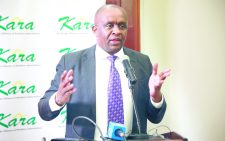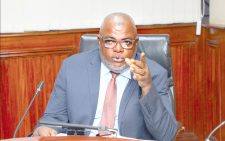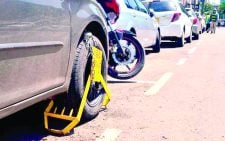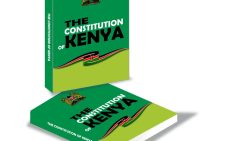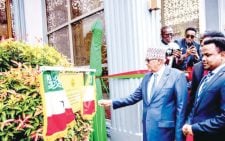Harsh economic times derail 100pc transition plan

The 100 per cent transition from primary to secondary school that the government has been implementing for years now has been derailed by the harsh economic times facing many parents.
Many students who sat their Kenya Certificate of Primary Education (KCPE) exams in March are yet to report to secondary school.
The government launched a policy of 100 per cent transition to secondary school in 2019.This will push up the academic standards in the country substantially, because Form Four qualification will be universal. This also means all students have a platform on which to seek tertiary education. The policy is potentially as transformative as the free primary education that opened the door for all children to go to school, irrespective of the economic circumstances of their parents.
Literally, millions of Kenyans who are now professionals and others who have had the opportunity for higher learning are beneficiaries of the policy. They otherwise would have had no hope in life. There seems to be a particularly acute problem this year. The prevailing harsh economic times have pushed many parents into poverty. They lack the money to pay fees for their children to be admitted.
The government administration is out in force to ferret out these children and get them to join Form 1. Reinforced by Nyumba Kumi cohorts, they are moving from house to house. The enforcement model is misdirected. These parents are not truants, but desperate people at the end of their tether. What they require is compassion and help.
These children are about to lose a whole term of schooling, after which they’ll hopelessly fall behind and cannot catch up. Time is now of the essence. Yet, these desperate parents with children stuck at home are being given deadlines to send their children to school, but no other assistance is being offered. Something is not adding up here.
The only reason these children are at home is because their parents are poor. Secondary school heads will not admit students who do not pay the required fees on the day of admission. They have schools to run, and this cannot be done without money.
Further, they are very wary of promises from the government that they should admit students even without uniforms, as they await the Government’s support to kick in. Their experience with the delays in remitting the funds the Government sends every term to schools for capitation has been very discouraging.
Many a time, this money is sent way after the term has started, leaving the school heads seriously struggling with supplier bills and payments for staff employed by the Boards of Governors. That route is effectively closed.
What is the way forward?
If the government wants the 100 per cent transition to be successful, it must budget for it. It must factor into the budget all the funds that will be required to send to school all those students who will have challenges meeting their school fee obligations. Successful implementation here means that all students transiting to secondary school must report on the first day.
It should be noted that without full budget coverage, the free primary school programme would never have been successful. It is time to resolve all the challenges that are bedeviling the successful implementation of this crucial policy. It is clear that the main challenge is finance- many parents are simply unable to meet the, inevitably, rather onerous demands for admission into Form One.
The government must budget enough money to pay school fees for poor students for the duration of their secondary school education. It is not even a big jump. It will simply be a question of determining how many students require the extra assistance so that the capitation the government pays for every student in secondary school, can be turned into a full bursary for those needy cases.
gathukara@gmail.com


